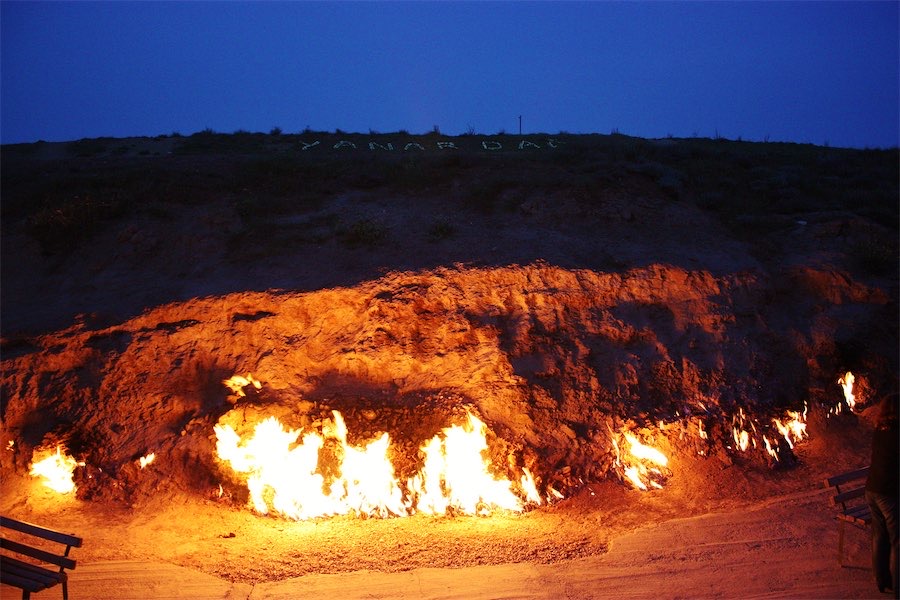
Legal affairs writer and former barrister HUGH SELBY says the presumption of innocence is dead and buried. It has been inverted. It is now a presumption of guilt unless and until a court finds the accused “not guilty”.
WRITING about the recent public humiliation of a now former local Green politician, one time chief minister Jon Stanhope noted: “The response of the ACT government to the recent allegations concerning a member of the Assembly, including strident demands that he resign, lacked any semblance of a commitment to that person’s right to the presumption of innocence.”

I have sad news for Jon: in alleged “sexual matters” the presumption of innocence is dead and buried. It has been inverted. It is now a presumption of guilt unless and until a court finds the accused “not guilty”.
I am writing here about everyday attitudes, not the concept carefully repeated – albeit with unknown effect – by every judicial officer conducting a criminal matter.
At trial its effect is unknown because “every person” has been guided away from the wise advice. “do not rush to judgement”.
Now we are repeatedly force fed a diet of “acceptable beliefs” about sexual assault allegations that starts with equating a complainant with a victim, labels those accused of “sexual misconduct” as vile predators, and condones pre-trial media coverage that is unbalanced and looks for salaciousness ahead of accuracy.
The presumption of innocence is important in every criminal matter because it takes account of the possibilities of mistake, vindictiveness, publicity seeking, poor investigation, and the inequality of resources between a defendant and the prosecution.
An aspect of the presumption disappeared in Queensland with the recent abolition of their sensible law that prevented the naming of a defendant in serious matters unless and until s/he was committed for trial.
The change was motivated by a desire to name and shame one man: Bruce Lehrmann. Mainstream media was so pleased. At last they could catch up with social media that had bandied his name around for months.
Committals used to be the norm for serious criminal matters. With the creation of independent prosecution offices it was decided, quite reasonably, that the expense of committals could be avoided by leaving it to the career prosecutors to weigh up the strength of the evidence. But Queensland kept committals.
Nobody considered the possibility of human frailty in decisions to prosecute, as seen in the DPP pursuit of Bruce Lehrmann here in the ACT, or in some recent NSW sexual assault cases that have attracted adverse judicial comment.
But the naming and shaming is just the start of the procession of societal injustice and the inequality of the treatment meted out to defendants and self-proclaimed victims.
Nobody pays any attention to the toll upon those wrongly accused
Consider the reports of Ms Higgins’ financial and appointment good fortune since she made her allegations. Contrast that with the reports of the taint upon Mr Lehrmann once the allegations became public in February 2021 (about 10 days short of two years after the alleged sexual assault).
The abandonment of the presumption in our pretrial public conversation and actions did not take place in a flash. It was incremental, so much so that the extent of the damage was well concealed behind the cloth of “ever so reasonable” decisions in unrelated cases.
Nobody pays any attention to the toll upon those wrongly accused who must wait months, even a couple of years to have their case heard.
It was heartening to see after the recent not guilty decisions in the ACT Magistrates Court for the two NRL stars that one of them commented publicly upon the stress he had endured while waiting months for his hearing. Rather more attention should be paid to those comments.
In his evidence in chief in the defamation proceedings being heard in Sydney this week Mr Lehrmann told of his “being suicidal” after the allegations against him were publicised in February 2021 and that he became an inpatient in a mental health facility.
The two footballers were not charged with “sexual assault” offences. Had they been then they would likely have been sidelined for the season. If the presumption of innocence was alive that would not happen.
An apprentice was charged with sexual assault offences. He had no criminal record. He lost his job immediately. The complainant selectively deleted her mobile phone records to support her fabrications. He was acquitted but lost two years of his life.
A doctor is awaiting trial interstate on sexual assault allegations made by his ex-partner. The relevant professional body has placed severe restrictions on his ability to practice, which are unrelated to the charges. After waiting a year for his trial he was told that the trial dates had been cancelled and it would be another year before his trial would take place. He cannot get access to his child, his reputation is in tatters, and his work opportunities are slight compared to what they were before he was charged.
In Tasmania, a Supreme Court Justice has been sidelined, save for writing judgments, because of allegations that appear to be family violence related.
Why is he not hearing cases – save for those with a family violence element – until this matter is finalised? Answer: the presumption of guilt.
He had to go and he’s gone. No charges laid.
The same errant presumption was applied to our now former Greens member of our Assembly. It wasn’t enough that the other party to a sexual liaison stated that it was consensual. There was the unsupported inference that something was amiss. He had to go and he’s gone. No charges laid. Yet again, a presumption of guilt.
Here in the ACT we have a Victims of Crime office, dedicated to supporting complainants (who are not yet proven victims) through the process of investigation and trial. Suffice to say that defendants – despite the presumption of innocence – have no comparable resource.
We have a Bail Act so that judicial officers can impose the minimum, necessary conditions upon a defendant who has been charged until the case is heard in court.
We don’t need extrajudicial sanctions.
But we have them, alleged well-meaning acts of protection of others, that are in truth based upon an assumption of guilt and a fear of not being seen and heard to be a follower of “current proper thinking”.
I fear it is too late to turn the tide. No one wants to be seen as “contrary”. Commissioner Sofronoff asked all counsel at his inquiry whether Mr Lehrmann should not have been charged. Silence reigned.
It was a silence that carried a lot of meaning. After all, why stick your neck out? It was best to let the question disappear.
German Pastor Niemoller got it, albeit belatedly during the Nazi years: ignore these attacks upon others at your peril, lest there be no one left to speak for you.
Hugh Selby is a former barrister. His free podcasts on “Witness Essentials” and “Advocacy in court: preparation and performance” can be heard on the best known podcast sites.
Who can be trusted?
In a world of spin and confusion, there’s never been a more important time to support independent journalism in Canberra.
If you trust our work online and want to enforce the power of independent voices, I invite you to make a small contribution.
Every dollar of support is invested back into our journalism to help keep citynews.com.au strong and free.
Thank you,
Ian Meikle, editor





Leave a Reply